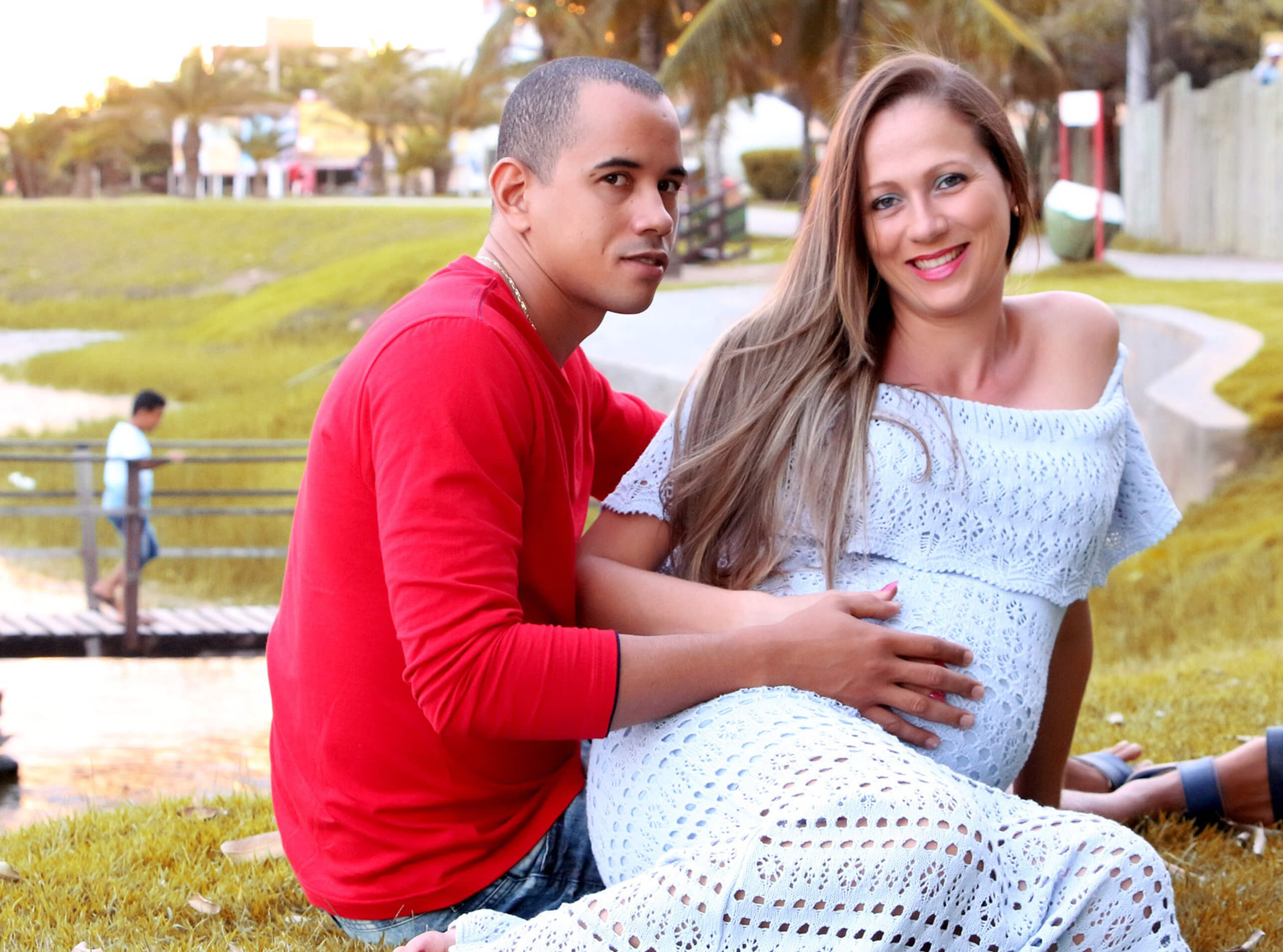Parenting advice is everywhere. A lot of this advice is from either the toy industry or companies who want to sell well-meaning parents products that will give their baby an ‘advantage’.
The best advice we know, based on our understanding of the first three months of development of an unborn baby, is to leave baby alone. Life in the uterus is dark, moist, warm, safe and much quieter than the outside world. This relative lack of stimulation is what your baby needs for brain growth. Morning sickness is natures way of ensuring we don’t interfere.
Building brains
Brain development begins from day one, conception – the joining of the sperm and egg. Once these two cells are joined, they produce lots of cells in a small space, at an incredible rate. The human embryo soon looks like a tiny mulberry. Within the mulberry certain cells are assigned to creating the placenta and the water balloon in which the embryo will float, the amniotic sac. Certain cells are given the duty of constructing the embryo, creating a knot of internal tissues termed the inner cell mass. The inner cell mass at this point possesses a cell whose entire offspring will form the human brain. This has all happened before you have missed a period and realized you are pregnant.
The Royal Children’s Hospital Melbourne – Brain builders video
Folic acid
One of the first things you can do to aid in the development of your baby’s brain is to take folic acid. Women who take folic acid around conception and during the first few weeks of pregnancy are 76 percent less likely to create a fetus with a neural tube defect.
Parents’ health
The health of the mother and father are equally important at conception and it is important to remember that the health of both parents will have a lasting impact on the unborn baby.
Drugs (including alcohol and nicotine) can damage a baby’s brain during pregnancy. Fetal Alcohol Spectrum Disorder (FASD) is the result of the consumption of alcohol during the crucial period of brain development.
High levels of stress can also affect brain development in babies and may result in smaller head size, delays in mental and motor development, and increased irritability.
Baby’s senses
Babies learn about the world through their senses. From touch and smell to hearing and vision, babies have an increasingly active mental life in the womb.
Factors proven to help baby’s brain development in the womb, especially important in the second half of the pregnancy, are:
- Eating the right foods (internal link to 2.4). Healthy food promotes health, growth and development. A balanced diet that incorporates all the food groups is the best start a pregnant mother can give her baby’s developing brain.
- Avoiding stress. Too much stress is not good for pregnant women or their babies. For the best development of your baby’s brain try to avoid stress, especially in the last few months of your pregnancy. There are plenty of ways to actively practice general stress relief. Exercise is one of them.
- Exercise (internal link to AN 6.1) just the right amount. Women who exercise regularly have a much easier time giving birth than unfit women. It is thought that the direct affect of aerobic exercise on the baby’s developing brain is of benefit, but also exercise can reduce the mother’s stress. Getting the balance right is important as strenuous exercise in the later stages of pregnancy can have a negative impact. Moderate, regular, aerobic exercise for 30 minutes per day is ideal.
- Gaining just the right amount of weight (internal link to AN 6.6), this will vary depending on whether you are overweight or underweight at the start of your pregnancy. Your doctor or midwife will be able to advise you.
Want to know more?
Raising Children Network – Newborns Development
Raising Children Network – Smoking, alcohol and other drugs in pregnancy: men
Frequently asked questions
Why are babies born with a brain not yet fully grown?
- Physical- Corresponds to the size of the pelvic outlet- at birth the newborn baby’s brain weighs 400grams, at the end of the critical period a three year olds brain weighs 1100 grams.
- Cognitive- The brain requires stimulation and nurturing to grow it to maturity. We are complex beings with higher functioning than all other mammals on earth




